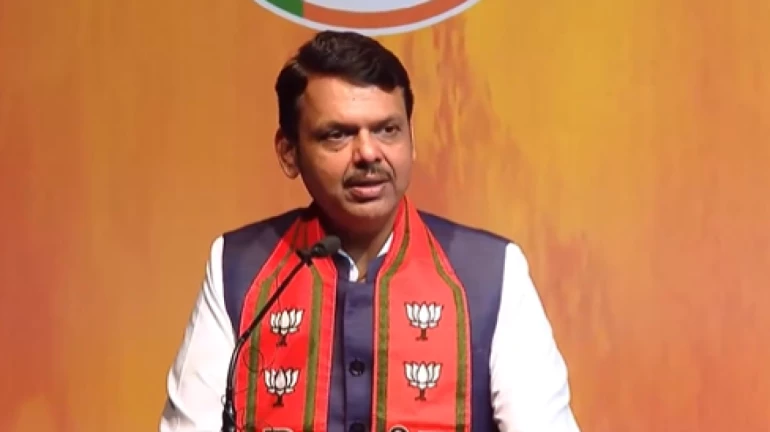
A special seven-member committee has been constituted by the Maharashtra government under Chief Minister Devendra Fadnavis to explore the possibility of enacting a law against ‘love jihad.’ The panel, which is being led by Director General of Police (DGP) Rashmi Shukla, has been tasked with examining legal aspects related to interfaith relationships and alleged cases of forced religious conversions. A move in line with similar legislations in states such as Uttar Pradesh and Madhya Pradesh, this decision has been met with both support and criticism.
The initiative was announced on Friday, with officials stating that an in-depth legal and technical analysis would be conducted by the committee before a report is presented to the government. Representatives from several key departments, including women and child development, minority affairs, law and judiciary, social justice, special assistance, and home affairs, have been included in the panel. Through this initiative, the legal frameworks of other states will be examined, and complaints related to forced conversions will be reviewed to determine the necessity of new legal provisions in Maharashtra.
Concerns regarding fraudulent conversions through marriage have been raised by numerous public representatives, social organizations, and citizens, as highlighted in a government resolution. It has been reported that growing pressure from various groups has played a role in prompting the formation of the committee. Before the last elections, it had been stated by Chief Minister Fadnavis that over one lakh complaints related to forced religious conversions had been received. Allegations of a well-organized conspiracy targeting Hindu women through fraudulent marriages had been made by him, reinforcing his support for stricter legal measures. His statements have been cited as a reflection of the government’s stance on the matter.
A significant debate has been ignited by the proposal. It has been argued by supporters that such a law is necessary to protect women from coercion and deception, while critics have voiced concerns that interfaith relationships could be unnecessarily policed. Attention has been drawn to similar laws in other states, where legal challenges and concerns regarding the violation of individual freedoms have been raised. The recommendations of the committee are expected to have a major influence on Maharashtra’s legal approach to this issue. Whether an existing model will be adopted or a new framework will be created remains to be seen.
Meanwhile, protests against Valentine's Day celebrations were reported across the nation, where members of right-wing organizations were seen blocking access to public parks. It was claimed by groups such as the Vishwa Hindu Parishad and Bajrang Dal that Hindu women were at risk of being targeted through ‘love jihad.’ The gates of multiple parks were locked by the protesters, and demonstrations were staged outside the premises. Slogans pledging to protect religion and the nation were reportedly chanted.
As tensions surrounding interfaith relationships and forced conversions continue to rise, the focus of legal and social discussions has been placed on Maharashtra’s proposed legislation. The findings of the committee are expected to play a critical role in determining the future course of action in the state.





